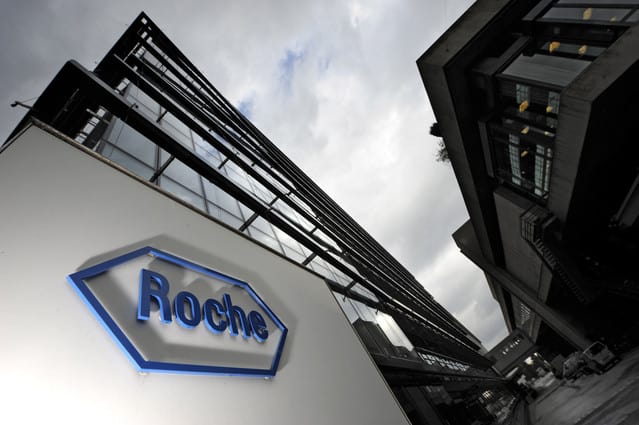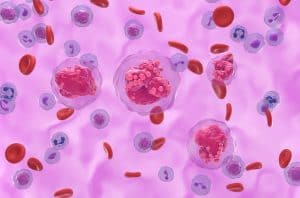
Roche cancer treatment shows promise
pharmafile | September 30, 2013 | News story | Sales and Marketing | MPDL3280A, Merck Serono, NSCLC, Roche
An early-stage oncology treatment has shown encouraging results in smokers with lung cancer, Roche has said in a presentation at the European Cancer Congress (ECC) in Amsterdam.
A Phase I study of MPDL3280A showed that nearly a quarter (23%) of 53 patients with non-small cell lung cancer (NSCLC) saw their tumours shrink – but the best results were found by separating out those patients who had smoked.
The response rate in this subset was 26%, as against 10% of patients who had never touched a cigarette.
“And bingo, this is the first targeted agent that shows more activity in smokers than in non-smokers,” said Professor Jean-Charles Soria of France’s Institut Gustave Roussy, who led the study, in a briefing at ECC.
Reuters reports that Cora Sternberg, co-chair of ECC’s scientific committee, went so far as to suggest that the drug – while at a very early stage – was ‘definitely a game changer’ in lung cancer.
The Swiss manufacturer certainly sees its potential, starting two Phase II studies of the compound in patients with NSCLC and looking at the possibilities in other cancers.
It has an ongoing Phase I study combining MPDL3280A with Roche’s own Zelboraf (vemurafenib) in patients with previously untreated, BRAFV600-mutation positive metastatic melanoma.
And it is also assessing MPDL3280A with Avastin (bevacizumab) in Phase I with patients suffering advanced solid tumours, with more studies in other tumour types planned.
MPDL3280A is designed to work by interfering with the PD-L1 (Programmed Death-Ligand 1) protein, which is expressed in tumours and is believed stop the immune system from destroying cancer cells.
In the NSCLC trial, response rates were particularly high in patients who expressed more PD-L1 as measured by a Roche Tissue Diagnostics immunohistochemistry (IHC) assay.
Cancer immunotherapy – the branch of pharma which makes cancer cells more vulnerable to the body’s immune system – is of increasing interest in the sector, with Merck Serono among the companies which have their own PD-L1 inhibitors in early-stage trials.
“These results in patients with limited treatment options for their lung cancer are encouraging, and PD-L1 expression could help determine which patients derive the most benefit,” said Hal Barron, Roche’s chief medical officer.
“Based on these data, we are moving quickly into late-stage clinical studies that will also include a Roche companion diagnostic to potentially identify those who are more likely to respond to treatment,” he concluded.
Adam Hill
Related Content

AstraZeneca shares results from phase 3 TROPION-Lung01 trial
AstraZeneca has announced results from the phase 3 TROPION-Lung01 trial of AstraZeneca and Daiichi Sankyo’s …

FDA approves Roche’s HPV self-collection screening option
Roche has announced that the US Food and Drug Administration (FDA) has approved its human …

Roche’s Alecensa approved by FDA as lung cancer treatment
Roche has announced that the US Food and Drug Administration (FDA) has approved Alecensa (alectinib) …








